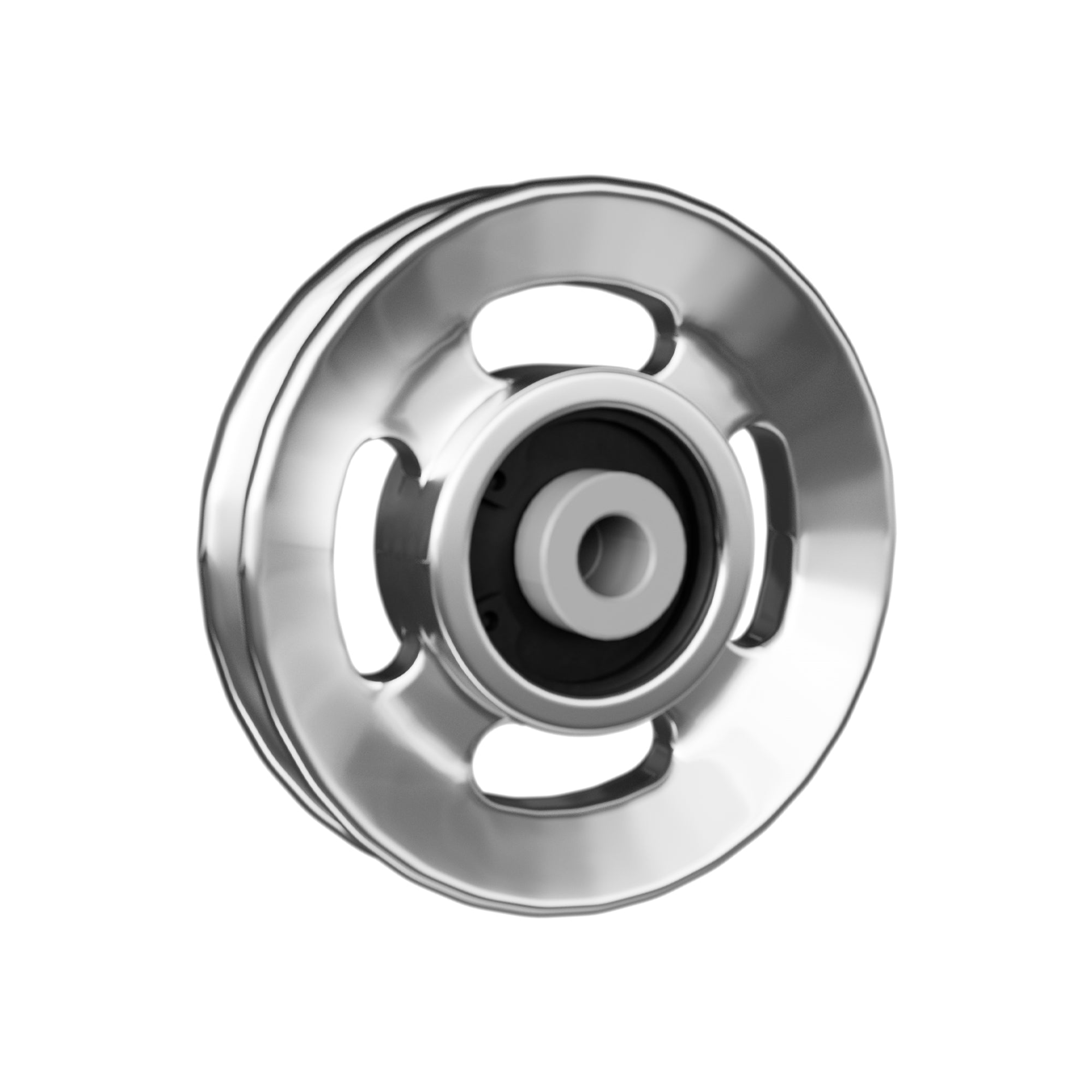Pull-ups are one of the most effective upper-body exercises—but are pull-ups good for your shoulders, or do they primarily target your back and arms? The short answer: yes, pull-ups can absolutely build shoulder strength, but the key lies in how you perform them and which variations you choose.
What Muscles Do Pull-Ups Work?
The traditional pull-up is known for engaging the latissimus dorsi, biceps, and upper back, but your shoulders—specifically the deltoids, trapezius, and rotator cuff muscles—also play a crucial stabilizing and assisting role. So while pull-ups aren't considered an isolation shoulder exercise, they still contribute to overall shoulder development and joint health.
Pull-Ups and Shoulder Development: The Connection
Many athletes and fitness enthusiasts ask: do pull-ups build shoulders? While they’re not as targeted as a shoulder press or lateral raise, pull-ups do strengthen parts of the shoulder, especially:
-
Rear delts (posterior deltoid): Activated during the upward pulling motion.
-
Rotator cuff: Stabilizes the shoulder joint, preventing injury.
-
Traps and rhomboids: Support shoulder retraction and posture.
By regularly doing pull-ups, you're training these muscle groups in a compound, functional way that supports overhead movement and pulling power.
Best Pull-Up Variations for Shoulder Engagement
Not all pull-ups are created equal when it comes to shoulder activation. If you want to maximize shoulder involvement, try these pull-up styles:
1. Wide-Grip Pull-Ups
This variation increases the range of motion across the shoulders, particularly targeting the posterior delts and upper back.
2. Commando Pull-Ups
Also called "side-to-side" pull-ups, these challenge your rotator cuff stability and create a deeper engagement in the deltoids.
3. Archer Pull-Ups
By shifting the load to one side, archer pull-ups increase the tension on one shoulder at a time, great for unilateral shoulder strength.
4. Scapular Pull-Ups
These focus on scapular retraction and depression, which strengthens the lower traps and improves shoulder blade control—critical for shoulder health and injury prevention.
Are Pull-Ups Safe for Shoulders?
Pull-ups are generally safe, but shoulder discomfort or injury can occur with poor form or overuse. To reduce the risk:
-
Warm up your shoulders with mobility exercises.
-
Engage your scapula first—don’t just yank from a dead hang.
-
Avoid excessive swinging or kipping if you're targeting strength or hypertrophy.
-
Progress slowly if you're returning from a shoulder injury.
Final Take: Do Pull-Ups Help Shoulders?
Yes, pull-ups help shoulders in several ways—building posterior deltoid strength, improving scapular stability, and reinforcing rotator cuff endurance. They're not a replacement for isolated shoulder exercises, but they complement any well-rounded shoulder workout.
If your goal is to build balanced upper-body strength and healthy, mobile shoulders, then pull-ups—and their many variations—should absolutely be part of your routine.















































Leave a comment
This site is protected by hCaptcha and the hCaptcha Privacy Policy and Terms of Service apply.